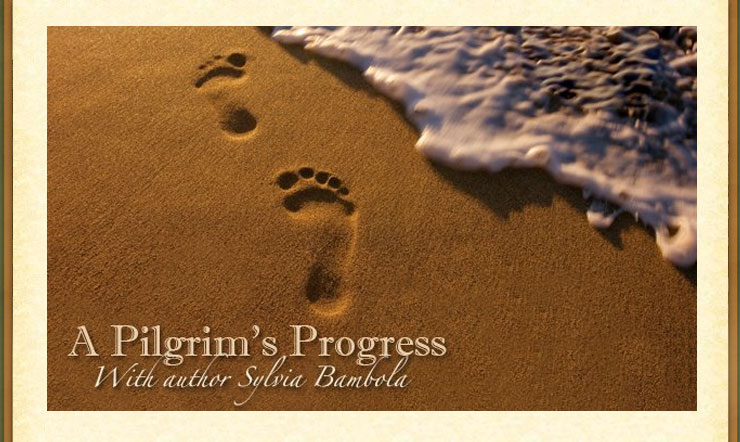Examining the Sabbath
Monday, 11 February 2013 14:59:00In both Mark 2:23-28 and Luke 6:1-5 we see Jesus’ disciples picking grain from a field because they’re hungry. Only problem, it was the Sabbath, and no labor was to be done on that day. And weren’t the Pharisees quick to point that out! “What you are doing is not permitted or lawful on the Sabbath,” they said. Jesus squelched the controversy by reminding them how David and his men ate the sacred bread in the Temple when they were hungry. Then Jesus ended by saying the Sabbath was made for man and not man for the Sabbath and that He, Jesus, the Son of Man, was “Lord even of the Sabbath.”
I love the Sabbath. It’s a day made for us by God. A day set aside. A day for fellowshipping with our Creator as well as other believers. It’s also a day of rest, for recharging our batteries, and a time for enjoying family and loved ones. But as is the case so often in the Bible, it speaks of deeper things, too.
The Sabbath is symbolic for entering God’s rest and ceasing from our efforts at “good works.” It is the picture of the atonement and how all was accomplished by God with the only thing needing to be done is acceptance of that finished work. Indeed, Jesus is the very Lord of the Sabbath. He is our Sabbath rest. And when we accept Him, we enter into that rest, which is a place of peace and contentment and safety. It is a place where we are enfolded in the very arms of God; a place where nothing more needs to be done by us. It has all been taken care of.
But the Sabbath means something else, too. Many Bible scholars believe that the very age (aion) we live in is entering its seven thousandth year. They base this on the scripture in 2 Peter 3:8 that states, “one day is with the Lord as a thousand years, and a thousand years as one day.” They also base it on the creation account where everything God did took six days, and on the seventh day He rested. Please note that no where did I say I believe the earth is six thousand years old. Rather, I subscribe to the gap theory where there is a huge span of time, probably millions of years, between Genesis 1:1 and Genesis 1:2. As I’ve mentioned in a previous post God doesn’t create anything void and His instructions to Adam and Eve were to “be fruitful and multiply and replenish the earth.” God gave these exact same instructions to Noah in Genesis 9:1 after He destroyed the world with a flood. He told Noah to, “Be fruitful and multiply and replenish the earth.” So it leaves one to assume the world, prior to Adam, was destroyed, perhaps during the cosmic battle when Satan caused one-third of the angels to rebel against God.
So if this age, this aion, this time from Adam to now is currently at the beginning of seven thousand years, it means we are nearing the final Sabbath, the one thousand year reign of Jesus—the time of rest not only for the earth, but for all past and present who are God’s. But it also means that the rapture and the tribulation are not far off and we need to be ready.
Now is the time to enter God’s rest. Now is the time to make Jesus the Lord of the Sabbath. If we do, we will be ready for that final Sabbath that is coming.
Until next time,
Sylvia




